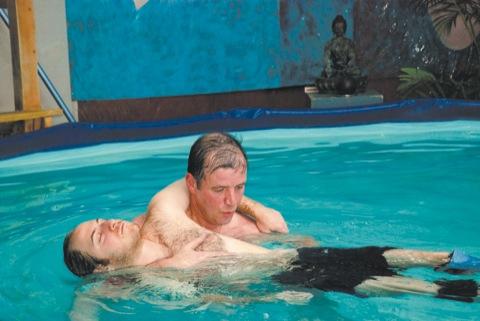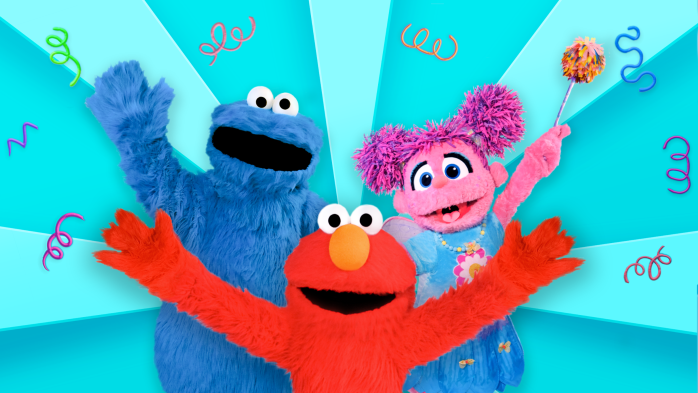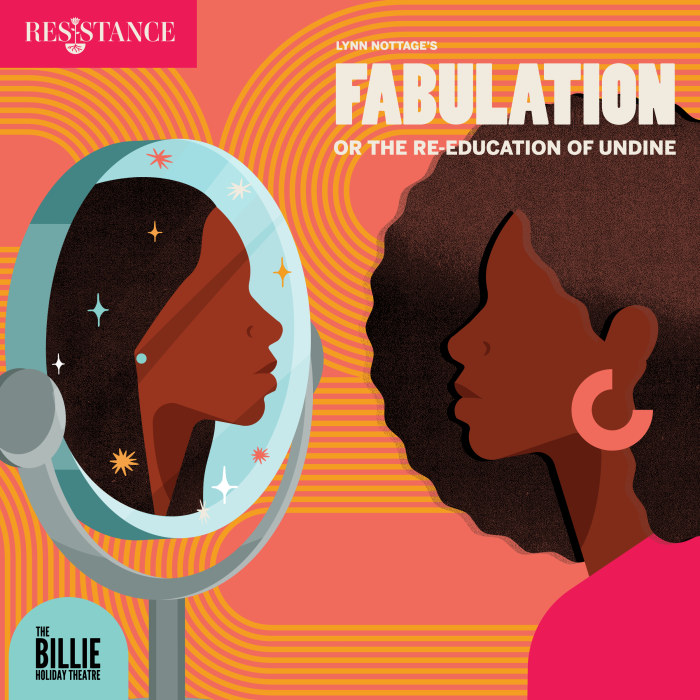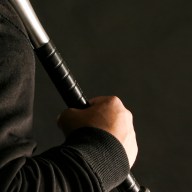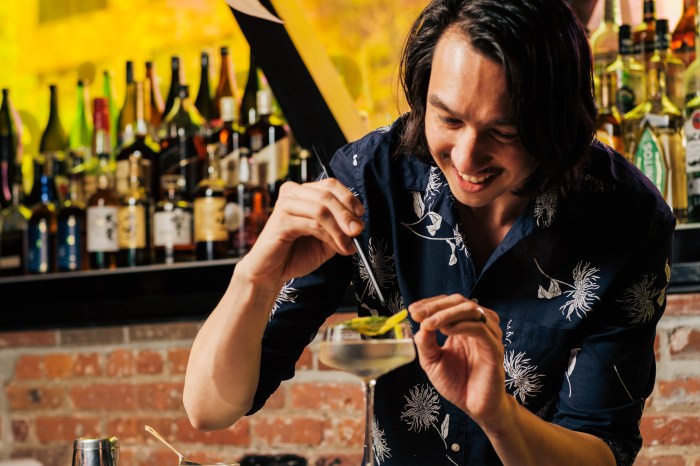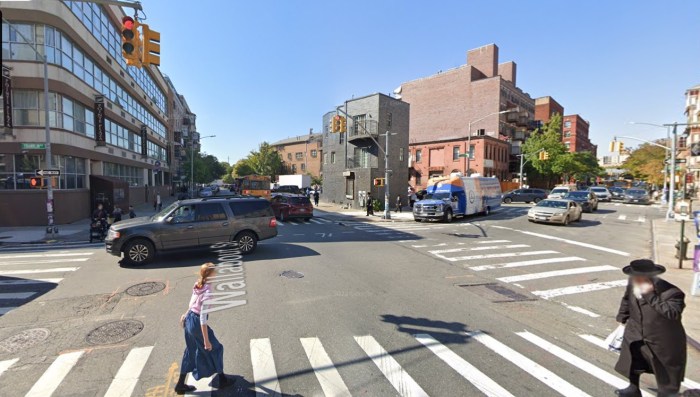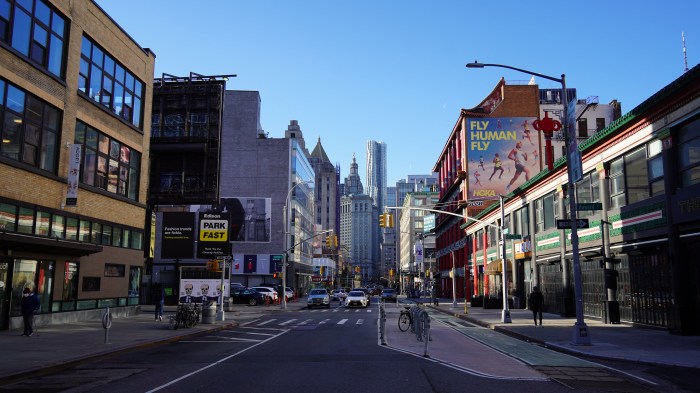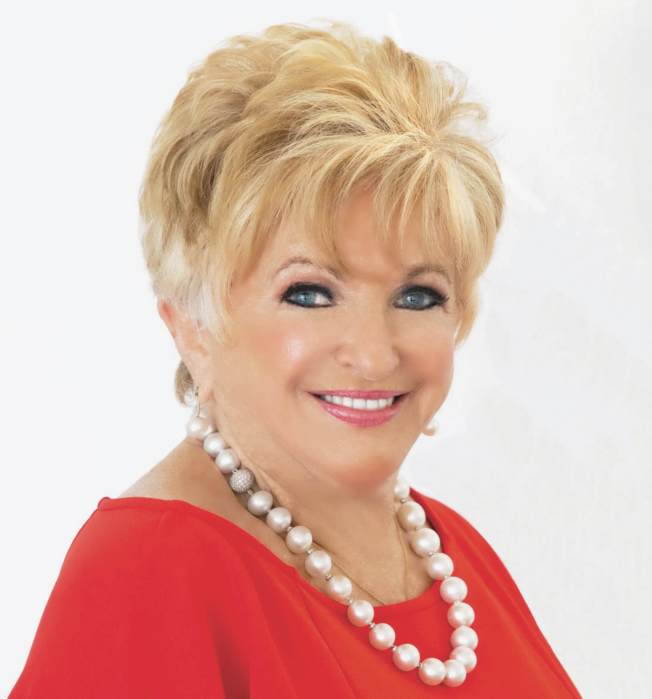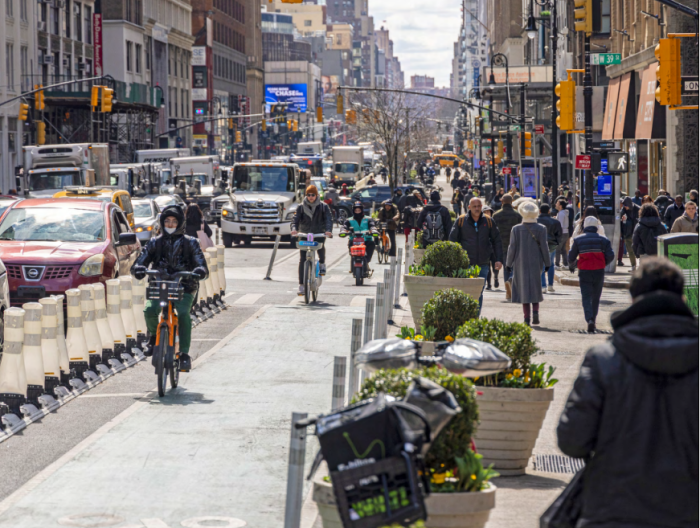Although I had been covering Williamsburg for nearly two years, I had never been to this part of the neighborhood: that stretch of Ainslie Street that veers west 30 degrees from Union Avenue. I had also never experienced what I was about to experience: A “watsu” massage, an underwater massage influenced by the Japanese shiatsu style, which seeks to facilitate the flow of the “chi,” or life force, through the body.
My masseur was a man named Fuad Phillip Alan Osceola, the former Phillip Alan Sullivan, whose new first and last names respectively honor one of his old instructors and the Seminole chief and healer.
Fuad is a Manhattan Beach resident who practices various forms of massage therapy at a handful of locations, including this windowless ground−floor space at 39 Ainslie Street. A former psychologist, Fuad now focuses on the therapy of the body, though he would be the first to tell you the two are interrelated. His methods appear to be working, at least on himself, as he looks at least a decade younger than his 57 years.
Fuad led me to a back room with an above−ground pool 17 feet in diameter most common in the backyards of middle−class suburban homes.
Before entering, I first needed to take a hygienic shower, for which I was given specific instructions to thoroughly rinse my orifices. I did as told and stepped into the water, treated with salts and set to 98 degrees, body temperature, “so a person can be totally receptive and allow the body to be so relaxed they can be guided in their movements,” Fuad explained.
Now, I have always had a neurotic aversion to skin−to−skin contact, especially with other men. When I was 12, I introduced what is now called the “terrorist fist−pump” to my little league team in lieu of high−fives. I still eschew the handshake whenever possible.
So I admit to being slightly uncomfortable when the speedo−clad Fuad cradled my head in the crook of his elbow and pressed my face against his bare torso. It says something about wastu that my anxieties soon melted. Over the next 45 minutes, Fuad gently swayed, stretched and compressed me into a state of relaxation rarely experienced by Brooklyn reporters.
One of watsu’s advantages is that one is able to assume positions in the water that would be impossible on land because 75 percent of body weight is lost. Buoyancy affords an opportunity to stretch parts of the body that have been compressed by body weight and gravity for years. Once these joints are decompressed, according to shiatsu theory, they become better conduits for the chi.
In my case, the chi has a hard time getting through my neck, which accumulates strain while I’m sitting upright at work with my head fixed on a computer screen. Another area of chi congestion is the tight iliotibial band in my left leg, the result of knee injuries from my high school sports days.
“For a tight body, just being in hot water is going to help relax the muscles and stimulate blood flow,” said Fuad. (By “tight,” he was referring to my muscles themselves. As for the layer of skin that covers them, “loose” is more accurate.)
“In terms of blood flow, the more relaxed you are, the more your range of motion is expanded, the more stretched out you can get,” he added.
Indeed, Fuad gave me a good stretch, but one quite different from the painful gym class toe−touches. This stretch felt good, like when you extend your arms to stretch when you yawn. Probably the best way to describe watsu is that it felt like doing 45 minutes of one of those stretches for all parts of the body.
When I walked out, I felt happy and loose, a fairly radical departure from my normal state of mind and body.
I told Fuad my encompassing feeling of relaxation that bordered on mild euphoria was similar to the feeling I get after a long run. He said both resulted from the release of endorphins.
“You can get to it with strenuous exercise, but can also get to it from the opposite direction as a relaxation response,” he told me.
If watsu can work for me, chances are it can work for anybody. Fuad recommended it for anybody who feels depressed, stressed, or lethargic, or grief−stricken. He also said it was a good way for people to deal with body image issues.
“Especially with overweight men, it creates an awareness that they’re not too large to be moved around and held,” he said.
***
Fuad Phillip Alan Osceola charges $100 for an hour−long appointment, though he is willing to use a sliding scale “for students and starving artists,” he said.
He can be reached by phone at 646−825−0969, or by e−mail at fosceola@post.harvard.edu.
For more information, go to www.osceolamassage.com.


